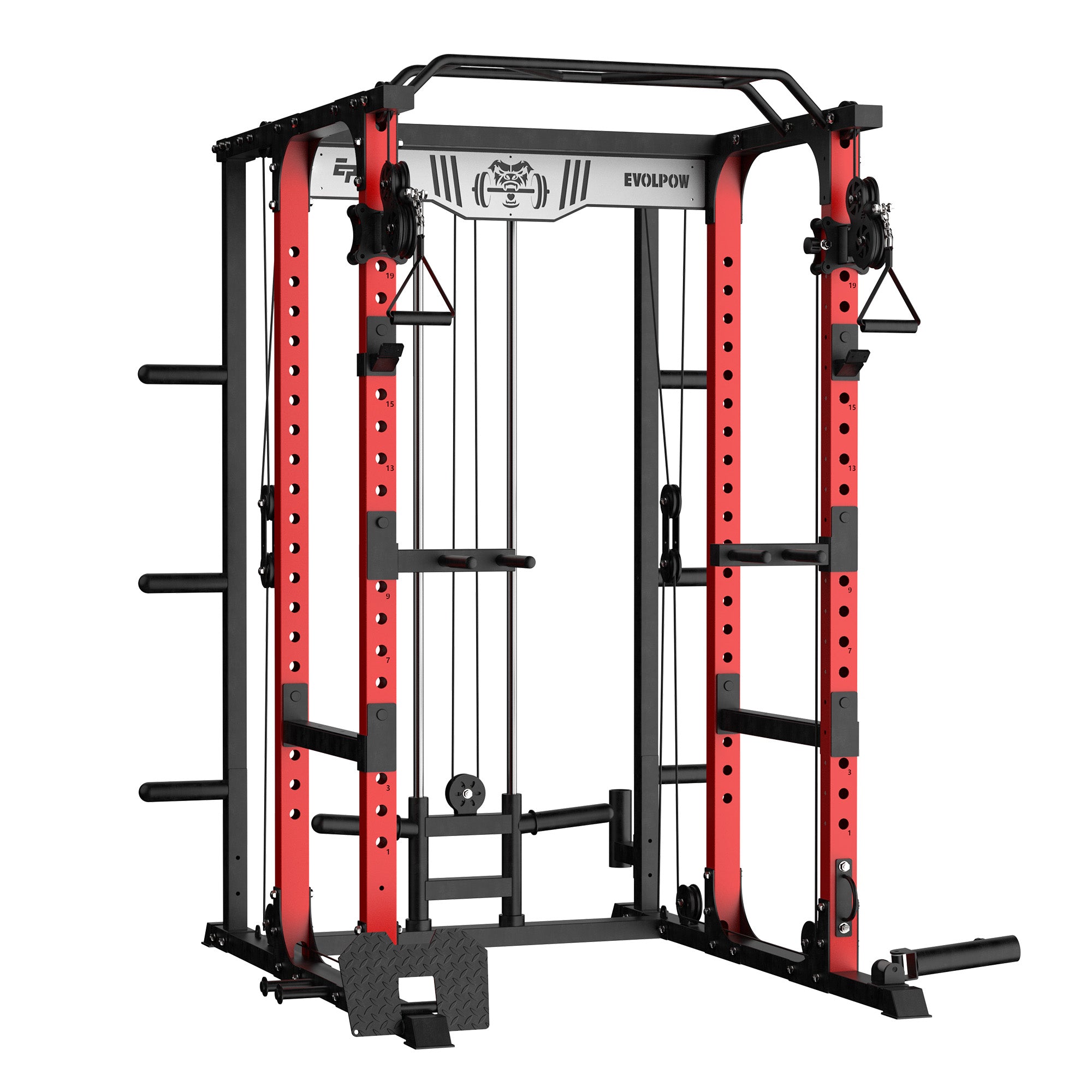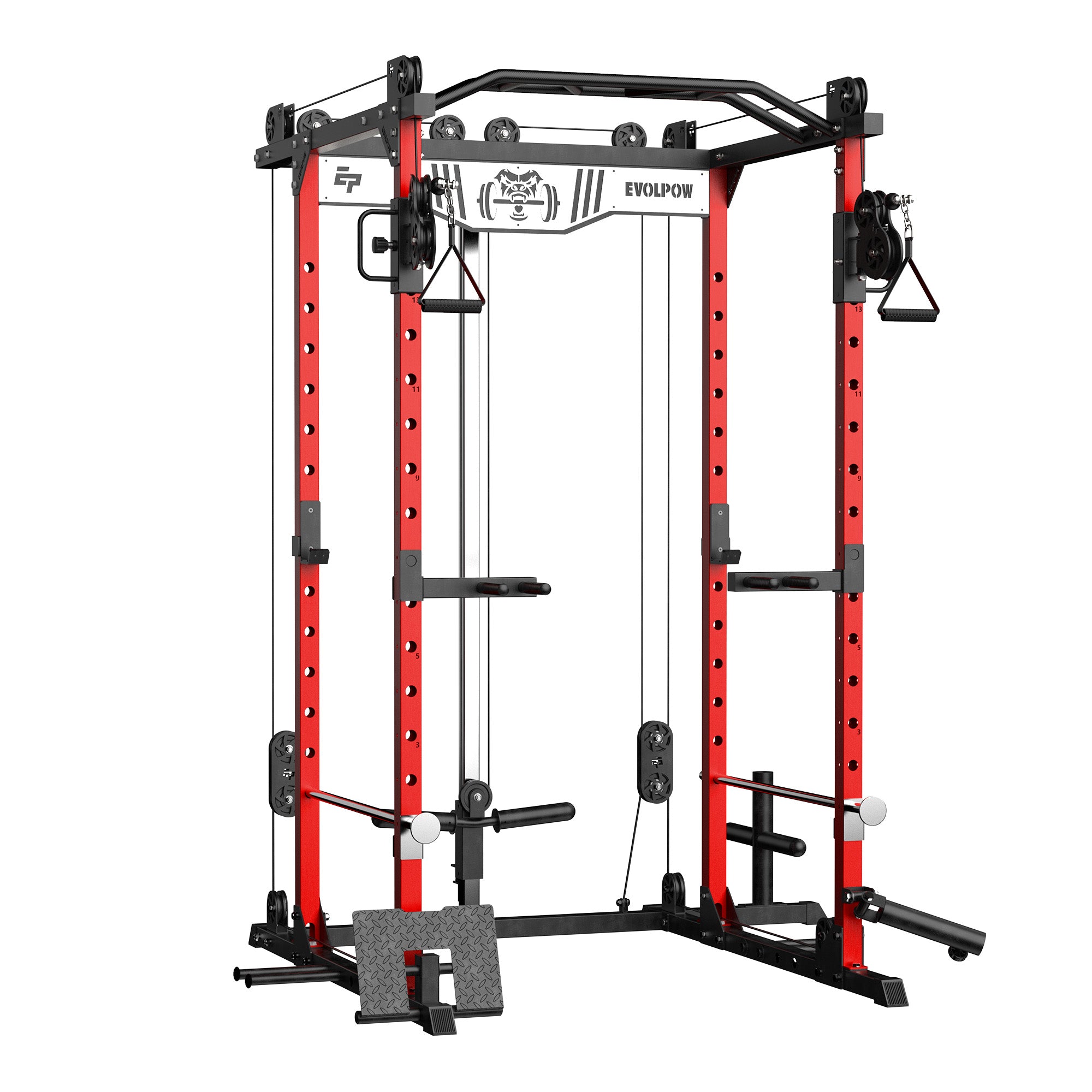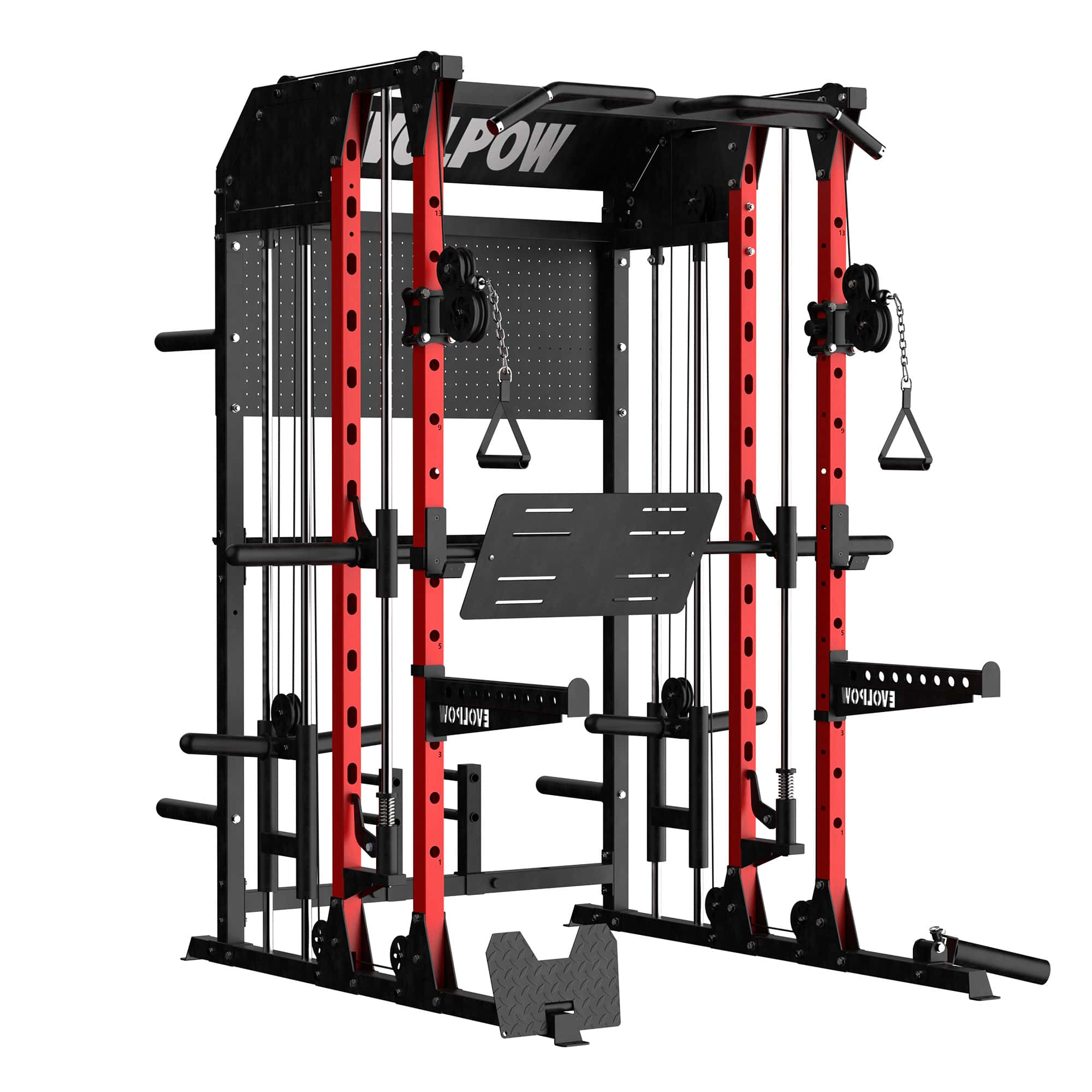Bulking, a term commonly used in bodybuilding, involves a gradual increase in calorie intake beyond the body's needs, accompanied by intense weight training. This process is essential for gaining muscle, requiring individuals to provide their bodies with an excess of calories. So as to accomplish that, high calorie and high protein foods are the key to build muscle as well as to reach your calorie goal.
Why is bulking necessary for certain people?
If your BMI falls into the first half of the normal category or lower, then you can consider bulking. We can go over at first the following three body types people:
Ectomorphs: Ectomorphs are naturally skinny people. Many of these people spend most of their lives underweight. Ectomorphs have the most challenging time building bigger muscles due to their extremely high metabolism.
Endomorph: Endomorphs are the opposite of ectomorphs. These people are typically overweight most of their lives since their body puts on weight quickly due to their slow metabolism. Endomorphs have the most challenging time losing weight, but they can bulk up easily.
Mesomorph: Mesomorphs are in-between ectomorphs and endomorphs. They are typically the most athletic people, and they gain or lose weight easily.
Understanding which one of these categories you fall under is the first step towards bulking and adding muscle to your frame. Your workout plan and diet will revolve around the body type you have. For example, ectomorphs must commit to eating more than they ever have when bulking to force their bodies to build larger muscles.
However, it is not meant for people that want to build muscle while maintaining their current weight. a good time to start thinking about bulking is when you're lower than 15% and 22% body fat for males and females respectively.

The key element of bulking- Creating a calorie surplus
Bulking relies upon eating more calories than the body needs for a set amount of time before dieting, cutting calories to then lose any excess body fat gained, while maintaining the muscle.
That is to say, the bottom line is that bulking is a term used to describe a state of training and eating with the aim of building muscle mass. So, the first part of your bulking journey should be determining your daily calorie needs and understanding the optimal ratios for macronutrients (carbohydrates, proteins, and fats) is paramount. Besides, a well-structured workout plan that consistently challenges muscles is equally essential for stimulating growth.
High calorie and high protein food
Effective bulking necessitates the selection of high-calorie, nutrient-dense foods that not only contribute to muscle growth but also cater to individual tastes. Here are some top recommendations:
- Avocado
One single avocado can contain the highest calories (322 calories). However, they have 20 different vitamins and minerals, making them one of the best high-calorie options.

- Healthy cereals
Grain-based cereals are high in calories, antioxidants and fiber. Out of all the different healthy cereals, oats are the best choice.
Oats contain high amounts of protein, lipids, carbohydrates, phytochemicals, fiber, and phenolic compounds that can decrease the risk of heart disease, diabetes, and celiac disease. Granola is another calorie-dense food rich in protein, micronutrients and fiber. It’s essentially a mixture of cereals, dried fruits and nuts.

- Homemade protein smoothies
Commercial protein and milkshakes are full of sugar and lack many nutrients. On the other hand, homemade protein shakes have a more balanced nutrient profile. Homemade protein shakes are high in calories and protein.

- Salmon and oily fish
Salmon and oily fish are considered as good protein and healthy fat sources. They’re as well a good source of omega-3 fatty acids that are anti-inflammatory and reduce the risk of cardiovascular disease and blood clots. They also help you build muscle and experience healthy weight gain.
What’s more, dairy milk, rice, nuts and nut butter, red meats, potatoes and complex carbohydrates, protein supplements, dried fruit, whole grain bread, dark chocolate, cheese, whole eggs and olive oil…these are all foods that provide a convenient, affordable and tasty combination of high quality proteins and fats.

Caution Against Uncontrolled Bulking:
It is imperative to avoid the risks associated with uncontrolled or "dirty" bulking, where an over-reliance on junk foods like high calorie snacks may lead to chronic health conditions. Prioritizing nutrient-dense foods such as lean meats, whole grains, and healthy fats ensures a foundation for optimal muscle mass development while supporting overall well-being.
In summary, bulking is a holistic approach to muscle growth, acknowledging individual body types and nutritional requirements. High-calorie, high-protein foods play a pivotal role in this journey, facilitating effective muscle gain while cautioning against the pitfalls of uncontrolled bulking.
Q&A
Q: What do we need to consider after bulking?
A: Following the bulking phase, individuals can choose between maintenance or cutting phases. A diet comprising approximately 40% carbs, 40% lean proteins, and 20% fats aids in maintaining energy levels while supporting weight loss. Continuing with regular strength training workouts, incorporating 30 minutes of daily cardio, and exploring High-Intensity Interval Training (HIIT) exercises can further enhance calorie burning and promote a healthy transition post-bulking.
Q: When to stop bulking?
A: The essential part is to avoid a high bodyfat percentage. So yes, there comes a time in every bulker's life when they need to say goodbye to the surplus calories. Signs indicating the end of the bulking phase include uncomfortably tight clothes, excessive fat gain without proportional muscle growth, joint pain, loss of muscle definition, diminished athletic performance, and adverse health indicators.
References
https://www.healthline.com/nutrition/bulkin
https://www.healthifyme.com/blog/high-calorie-foods/
https://www.muscleblaze.com/articles/Diet/top-10-high-calorie-food-for-clean-bulking/10153
https://blog.nasm.org/how-to-clean-bulk






